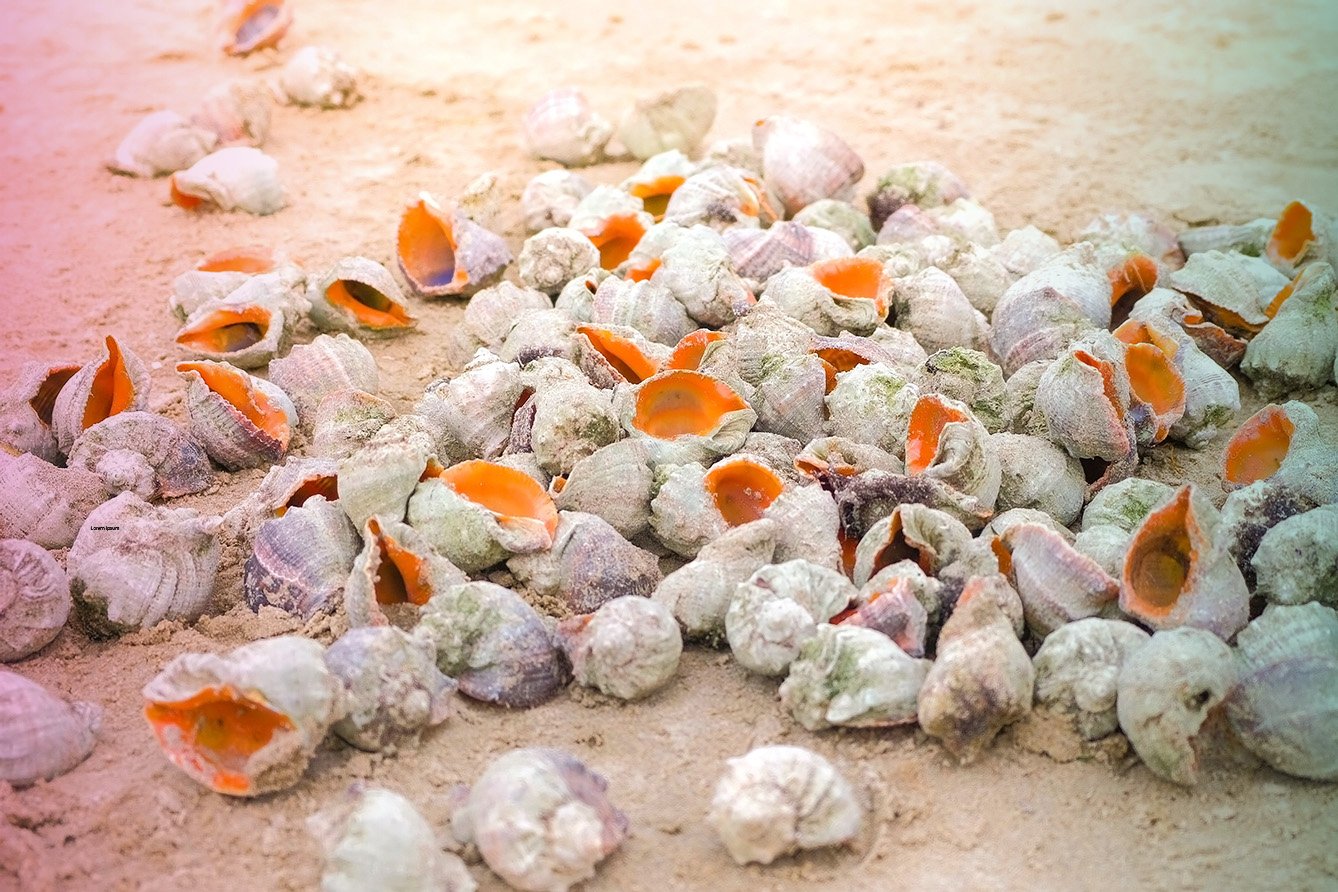If one image could summarize globalization – it would be the shipping container. Ships from Japan reached the eastern shores of Europe in great numbers during the 20th century. Apart from the contents of the containers, the vessels also carried seawater to help balance the ships’ weight. From emptied ballasts, sea snails scooped from the waters between Japan and Korea found themselves in Europe and quickly began to cause problems.
Bulgarian Sea Snails, Japan delicacy
Following their disembarkation, the eastern delicacy began to eat away vast colonies of Black Sea mussels. The fishers and divers who used to harvest the mussels had to adapt. Luckily for them, it turned out that Rapana Venosa (the Latin name of the sea creature) was actually an expensive commodity. In Japan and Korea, the “rapan” was a vital part of their cuisine. Soon, export companies were established, and the tasty sea snails were sold back to the Asian countries.
Nowadays, Rapana Venosa (also called an Asian rapa whelk or simply rapan) is a vital part of the Bulgarian seaside. Tourists buy the shells of the sea snails as souvenirs, from which even ordinary folks have been able to profit. Many seaside inhabitants even used them to supplement their income during Bulgaria’s economic crises in the 90s. It was not unusual for a diver to sell his daily rapan catch to export firms, making up to 50 times the minimum wage within a day.
However, what might seem like a blessing in disguise is actually an environmental crisis. This year, the Bulgarian government is on the verge of facing repercussions from the EU. The reason? Ten percent of wildlife in the EU are invasive species. One of the 12,000 plant and animal intruders is the rapana venosa.
In fact, its presence in Europe is so destructive to local sea life that the rapan sits at number 51 on the list of the top 100 most destructive alien species in the EU. And the Union wants Bulgaria to develop a clear strategy for limiting and annihilating the intruder. The same intruder that launched businesses and is offered to tourists in the country or exported to meet the needs of Asian cuisine.
The origin of wealth
It’s not uncommon for fishers to inflate the importance of their catch. However, the lucrative side of the rapan should also not be underestimated. In one instance in 2012, a car carrying a local entrepreneur exploded on one of the main boulevards in Varna.
What is the rapan link? He was the owner of one of the leading rapan export firms. Although motivations remain unclear, public consensus is that the blast was organized to weaken competition in the export business. In another instance, a major criminal from the coastal underground was sentenced to four years in prison due to money laundering. When responding to a question about the origins of his wealth, he briefly answered with “rapan, diving for rapan.”







